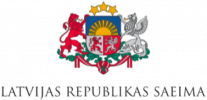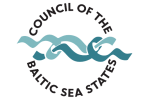On 28 March 2025, the meeting of the Health, Welfare and Family Committee was held in Tallinn, Estonia. During the meeting, parliamentarians discussed enhancing healthcare through data exchange and furthering Baltic State cooperation to promote joint medical procurements and building-up reserves in healthcare.
Health without borders: enhancing healthcare through data exchange in the Baltic States
Antoņina Ņenaševa, Chair of the Health, Welfare and Family Committee, opened the first session of the meeting by stating that "health without borders" requires Baltic collaboration for shared health challenges. She highlighted that by utilising cross-border data exchange the countries can improve diagnoses, treatments, research, and access to care, leading to a healthier future.
Jukka Lähesmaa, Senior Advisor from the Ministry of Social Affairs and Health of Finland, provided an introductory report on the project “Achieving the World’s Smoothest Cross-Border Mobility and Daily Life Through Digitalisation” which delves into healthcare data exchange in Nordic or Baltic countries. He referred to the ongoing Nordic-Baltic collaboration as a significant opportunity to further advance data exchange for research and innovation, positioning the region as a potential leader in Europe.
Lithuanian Vice Minister of Health Daniel Naumovas emphasised strong e-health collaboration among Baltic countries, citing shared goals and challenges, and highlighted existing e-prescription data exchanges within the Baltics. He stressed the need for standardized digital services, coding systems, and healthcare IT expertise.
Aiga Balode, Deputy State Secretary at the Ministry of Health of Latvia, stated that the Baltic States face significant changes, and should be prioritizing health and digital literacy investments to create a digitally inclusive and empowered society. She stressed the need for enhanced Baltic patient treatment through improved daily data exchange, beyond expert-level sharing.
Head of Digital Health and Care at the Ministry of Social Affairs of Estonia Jaanika Merilo, highlighted the long-standing digital efforts of Estonia regarding cross-border collaboration. She introduced parliamentarians with future goals, that include full access to e-prescriptions and patient records, expanded health data categories, cross-border secondary data exchange, ESSPASS integration, and best practice sharing on AI and machine learning.
Cooperation of the Baltic States to promote joint medical procurements and building-up reserves in healthcare
Antoņina Ņenaševa started the second session by stating that the commitment of the Baltic Assembly regarding affordable medicines led to the Joint Baltic Drug Procurement Agreement, which was signed in 2012. She added that expanding joint procurements and building strategic medical reserves is crucial for efficiency, access, and resilience in future crises.
Eveli Bauer, Procurement and Warehouse Service Manager from the Estonian Health Insurance Fund, provided insight about joint procurements in the Baltic States by stating that the procurement agreement has reached significant successes beyond price reduction, notably in securing supply and facilitating information sharing. She stressed that ongoing cooperation between the Baltic States is crucial in the procurement field.
Lithuanian Vice Minister of Health Daniel Naumovas advocated for joint medicine procurement among Baltic States, citing successful European precedents like COVID-19 vaccination efforts. He stressed that collective action overall strengthens negotiating power, meaning that the Baltic States have more power if they work together.
Āris Kasparāns, Head of the National Health Service of Latvia, informed about ongoing vaccine collaboration and the benefits of mutual aid agreements. He stated that while the Baltic States are open to joint medicine and vaccine procurement, staffing and resource limitations pose challenges, requiring dedicated project managers from each participating country.
Head of Healthcare Services Department at the Ministry of Social Affairs of Estonia Nikita Panjuškin, stressed the COVID-19 pandemic's lesson: the necessity for a coordinated Baltic strategy to improve medicine availability. He advocated for EU-based production investments to reduce reliance on third countries and highlighted ongoing discussions to facilitate stockpile sharing among neighboring countries during crises.
Truls Vasvik, Member of the Committee for Welfare in the Nordic Region of the Nordic Council, stressed that joint efforts to build medical reserves include preparedness, not only for pandemics and natural disasters, but for geopolitical emergencies, because the healthcare field is closely interlinked with collective security. He added that the Nordics and Baltics are not only close neighbors but also allies and it is important to become even closer.
The meeting underscored the commitment of the Baltic States to strengthening healthcare through enhanced data exchange and collaborative procurement strategies. The discussions highlighted the region's potential to lead in digital health innovation, while also addressing the practical challenges of resource allocation and geopolitical security. The vision of "health without borders," positions the Baltic States to not only improve their own healthcare systems but also to contribute significantly to the broader European health landscape.
© Erik Peinar
Photos
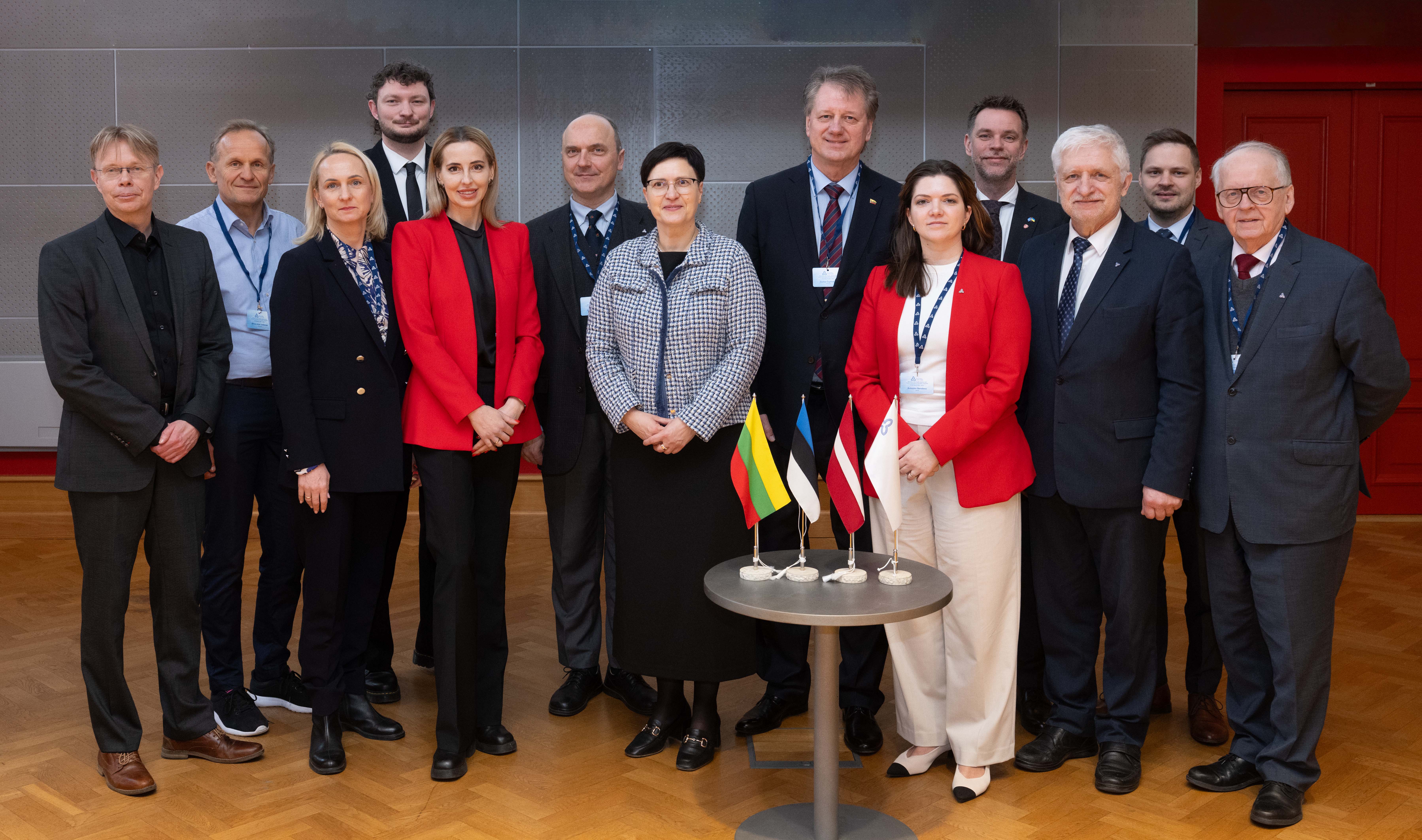
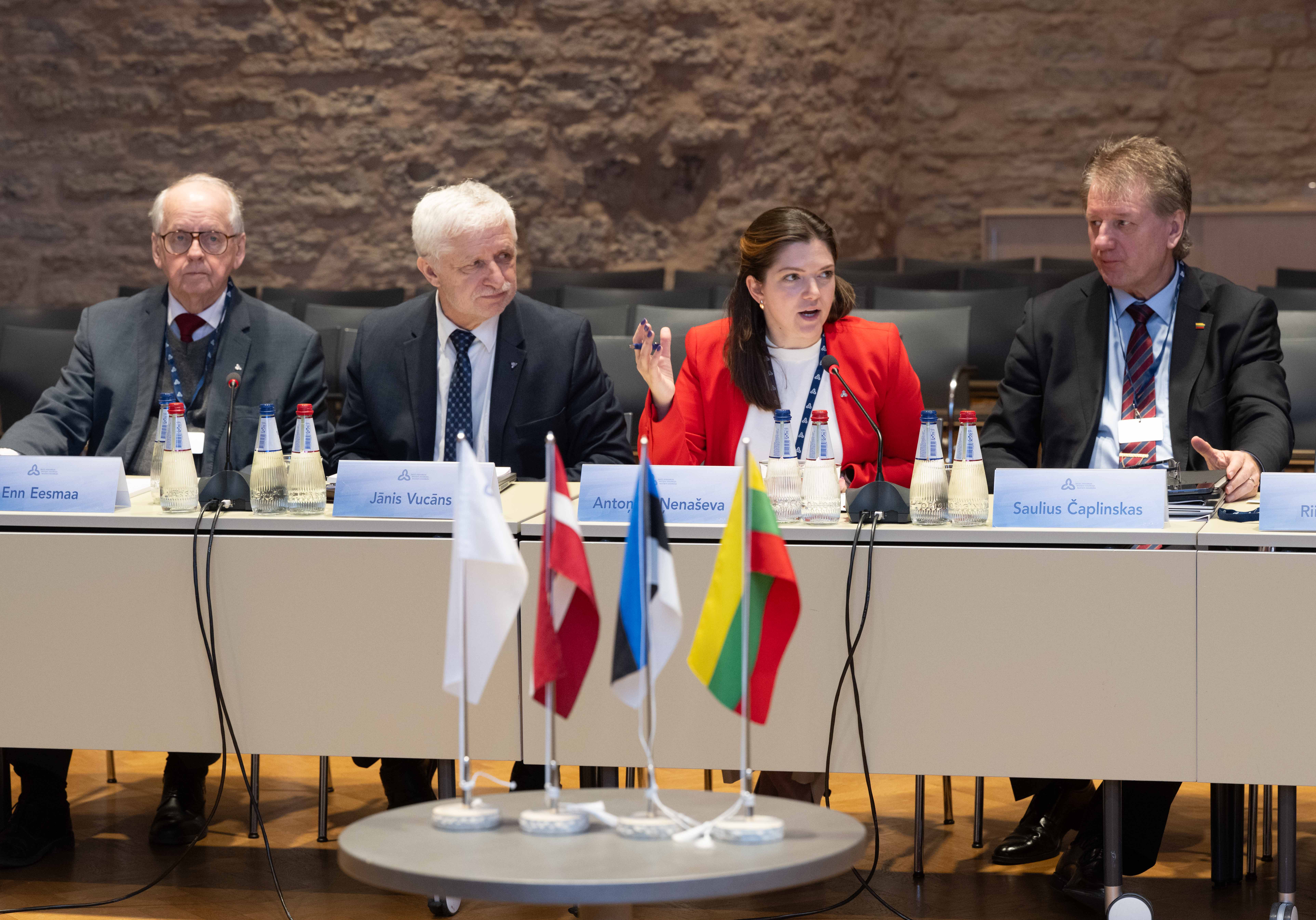
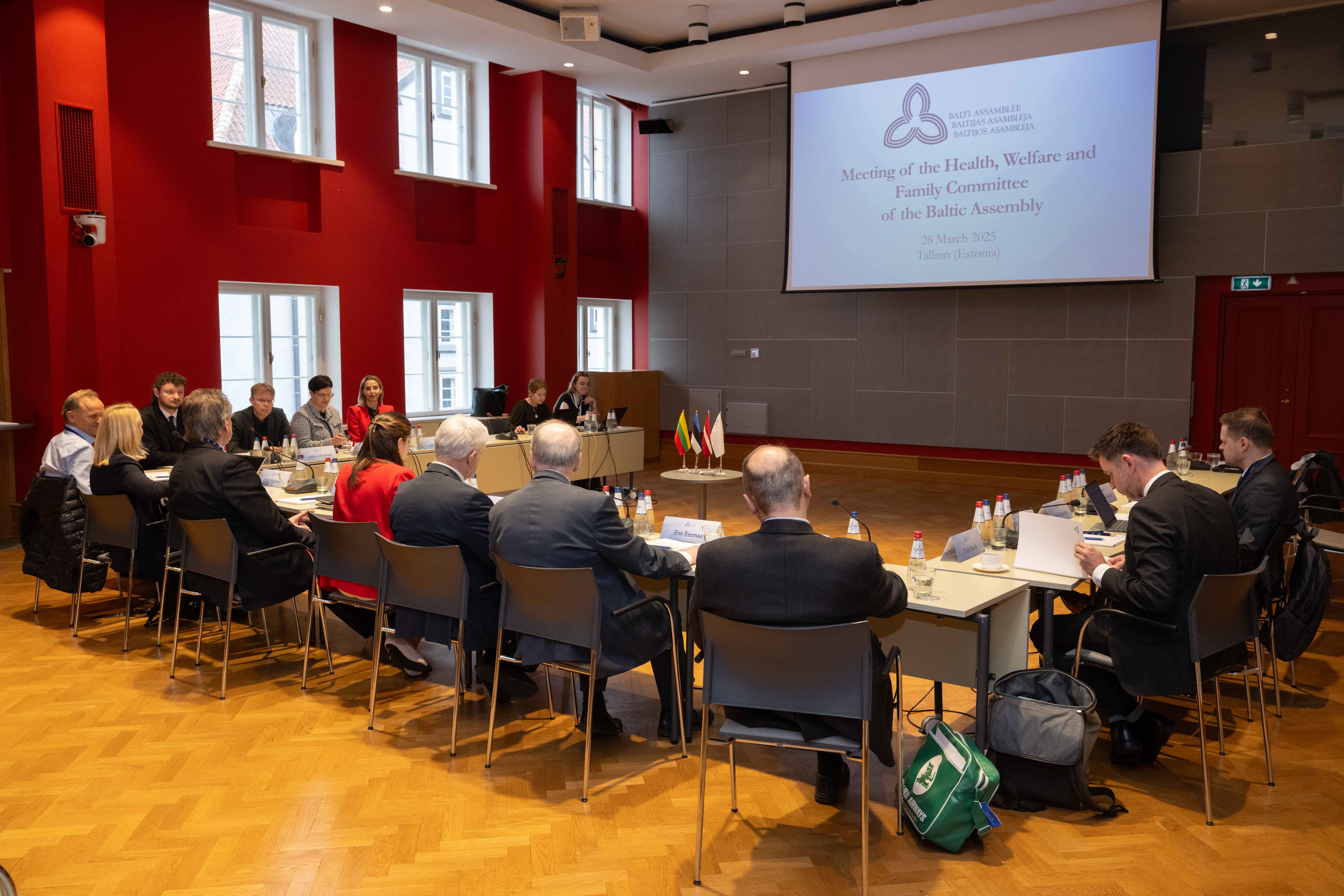
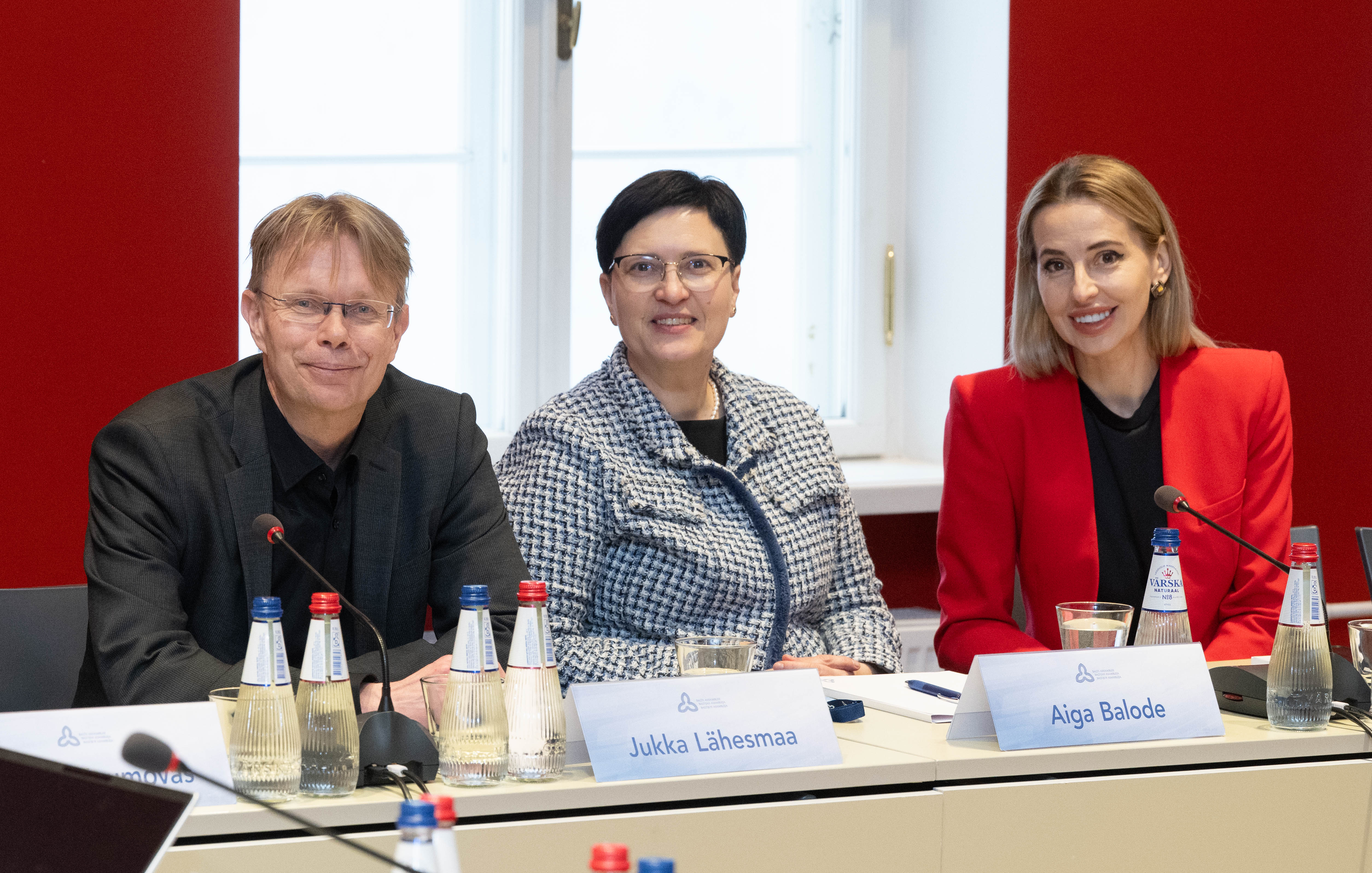
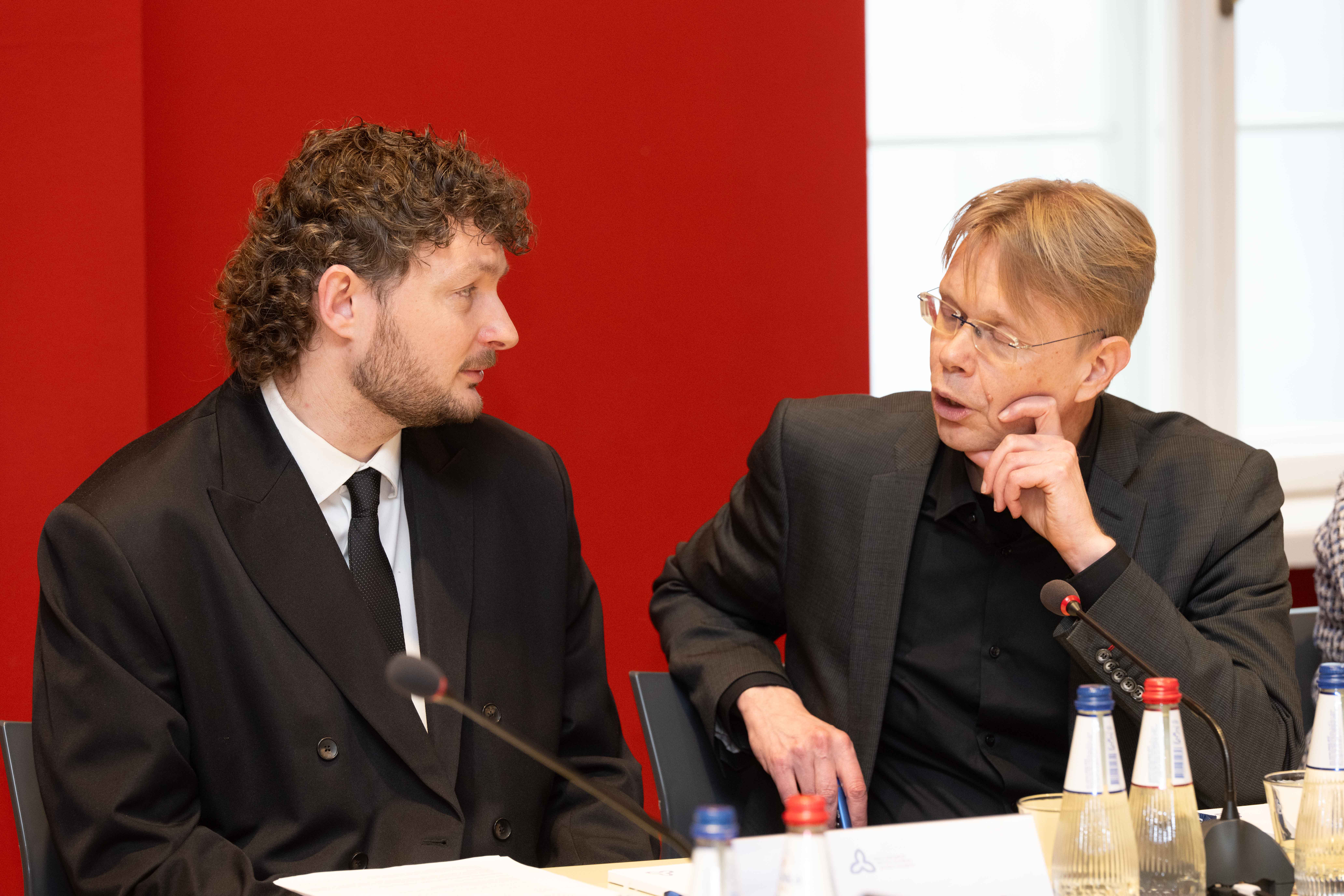
 Print
Print 

